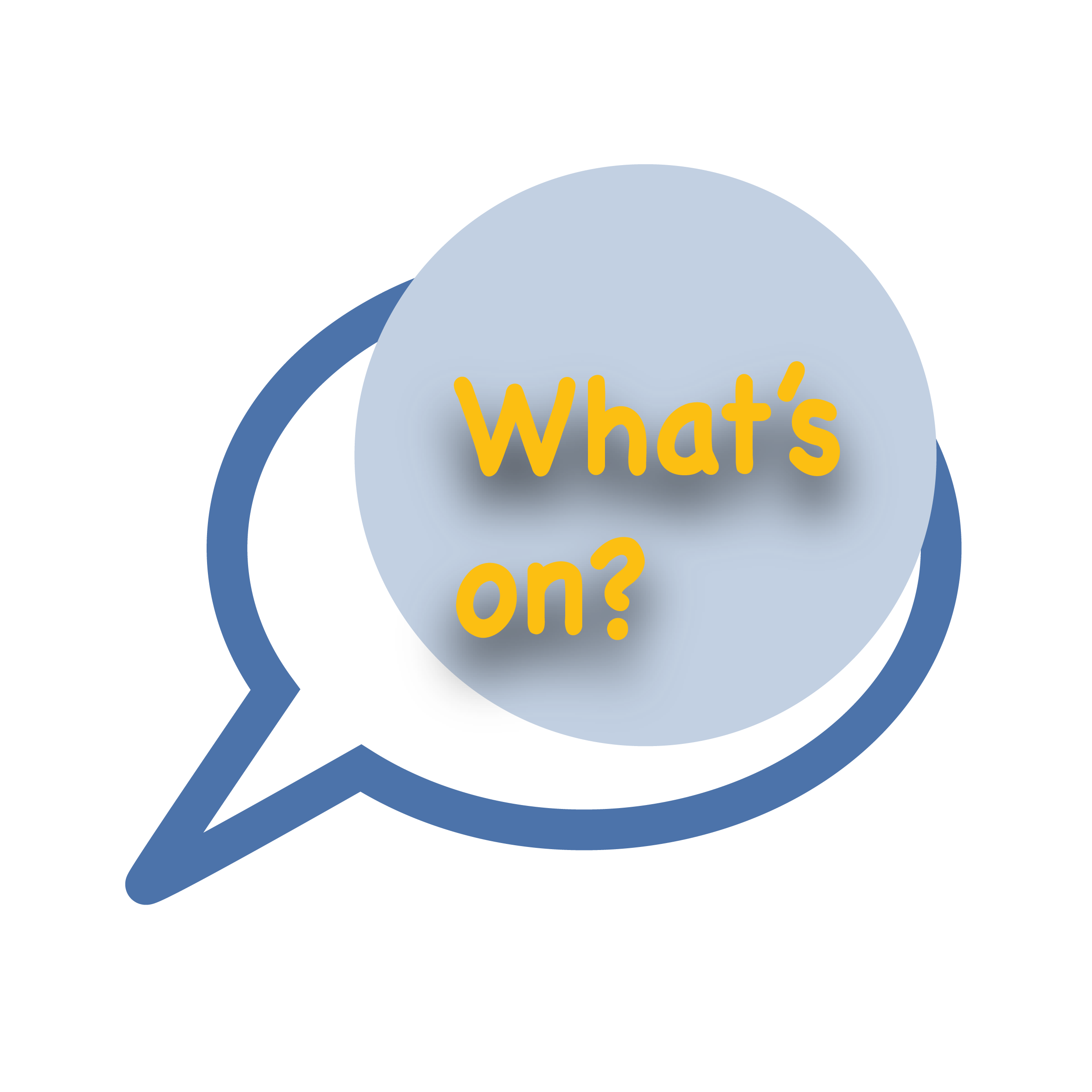Ireland celebrates 50 years of EU membership
- 26 Jul 2023

‘Ireland’s remarkable progress of five decades would have been unimaginable without our membership of the EU,’ Taoiseach (Prime Minister) Leo Varadkar told reporters on 4 February 2023, flanked by EU Parliament President Roberta Metsola.
He continued: ‘It gave us access to European markets, access to important sources of European funding, and the opportunity to shape and be shaped by the most remarkable experiment in sharing sovereignty in the world.’
A brief history
Ireland unsuccessfully applied for membership of the then European Economic Community (EEC) in 1961 and 1967.
In 1972, Ireland and the EEC agreed on a special accession treaty that addressed French concerns about the effect of Ireland’s membership on France’s agricultural sector. In May 1972, 83.1 % of the Irish population voted to ratify the accession treaty.
On 22 January 1973, then Taoiseach Jack Lynch and Foreign Affairs Minister Patrick Hillery signed the accession treaty to join the EEC.
The power of the single market
Since then, Ireland’s firms have enjoyed access to the European single market of 26 other member states with a total population of almost 450 million and gross domestic product of EUR 15 trillion. In 2013, Ireland went from being a net recipient of EU funds, to a net contributor. It is now one of the wealthiest countries in the world.
Fergal O’Brien of the Irish Business and Employers Confederation said that in 1973 Ireland had a significant trade deficit and relied on the UK for 55 % of merchandise exports. Ireland now has a EUR 60 billion trade surplus and its exports are diversified across products and markets. The UK accounts for 10 % of goods exports.
Ireland’s EU membership helps to attract foreign direct investment, supporting the development of small and medium-sized enterprises.
Under the EU’s Horizon 2020 research and innovation fund, the country received over EUR 1.2 billion. Irish SMEs accounted for EUR 307.2 million of this total.
Peace and reconciliation
Peace has accompanied the increased prosperity that was enabled by the introduction of the single market on 1 January 1993.
‘I want to acknowledge the immense contribution that EU funding has made to shared peace, as well as shared prosperity, here on the island of Ireland,’ Minister for Public Expenditure, National Development Plan Delivery and Reform, Paschal Donohoe said on Europe Day, 9 May 2023.
Greater trade freedoms and common EU legislation have reduced the physical and psychological presence of the border between Ireland and Northern Ireland, a process to which the Belfast Agreement, signed on 10 April 1998, contributed. Since then, both Ireland and Northern Ireland have benefited from increased trade opportunities.
EU regional policy and EU contributions to the International Fund for Ireland have supported the peace process in Northern Ireland since 1989. The fifth PEACE programme, PEACE PLUS, will receive EUR 235 million for the 2021-2027 period from the European Regional Development Fund.
Additional financing from the UK and Northern Ireland will ensure a total investment of EUR 1.1 billion for projects that build peace and prosperity and contribute to a green and climate-resilient Irish society.
Investments will include pilot projects for geothermal energy and an improved rail link between Belfast and Dublin, which will strengthen economic and social cohesion.
Social changes and opportunities for young people
EU membership added momentum to social shifts that were already underway, including an end to the marriage bar in 1973. In force since 1932, it prevented married women from working as civil servants.
The participation of Irish policymakers in EU institutions, along with EU directives on equal pay (1975) and equal employment opportunities (1977), ensured progressive working conditions for women.
Ireland had some of the strictest laws in Europe prohibiting the sale and importation of contraceptives. The European Court of Human Rights ruled in the 1979 Open Door Counselling v Ireland case that this violated the right to privacy and family life.
EU legislation helped ensure improved family and carers’ leave, and the living wage introduced by the Irish government in 2022.
Education
Young people have been among the biggest winners of EU membership, enjoying the freedom to travel, study and work across the EU. Since it began in 1987, over 50 000 Irish students have benefited from the Erasmus+ programme. Ireland, in turn, has welcomed over 100 000 students.
The number of students attending tertiary education increased from 27 135 in 1973/74 to 246 000 in 2022, thanks in part to the European Social Fund.
Social changes and increased access to higher education have allowed women to contribute to employment creation and innovation.
Women innovators
In 2021, seven of the 21 companies shortlisted for the EU Prize for Women Innovators were Irish. An Irish business, Izzy Wheels, founded by sisters Ailbhe and Isabel Keane, won that year’s Rising Innovator award.
At the 2022 awards, Dr Ciara Clancy, founder and CEO of digital therapeutics company Beats Medical, won one of the three main awards. Niamh Donnelly, co-founder of medical technology manufacturer Akara Robotics was one of the three winners in the Rising Innovators category.
The freedom to live, work and study in the EU has enriched the lives of the Irish, and Irish culture and society, and that of other Member States in turn. The Irish appear to have successfully integrated their national identity with the sense of being European, curator of the exhibition Into Europe: Ireland and the EU 1973-2023, Miriam Nyhan Grey, told the Irish Times in January.
LINKS


